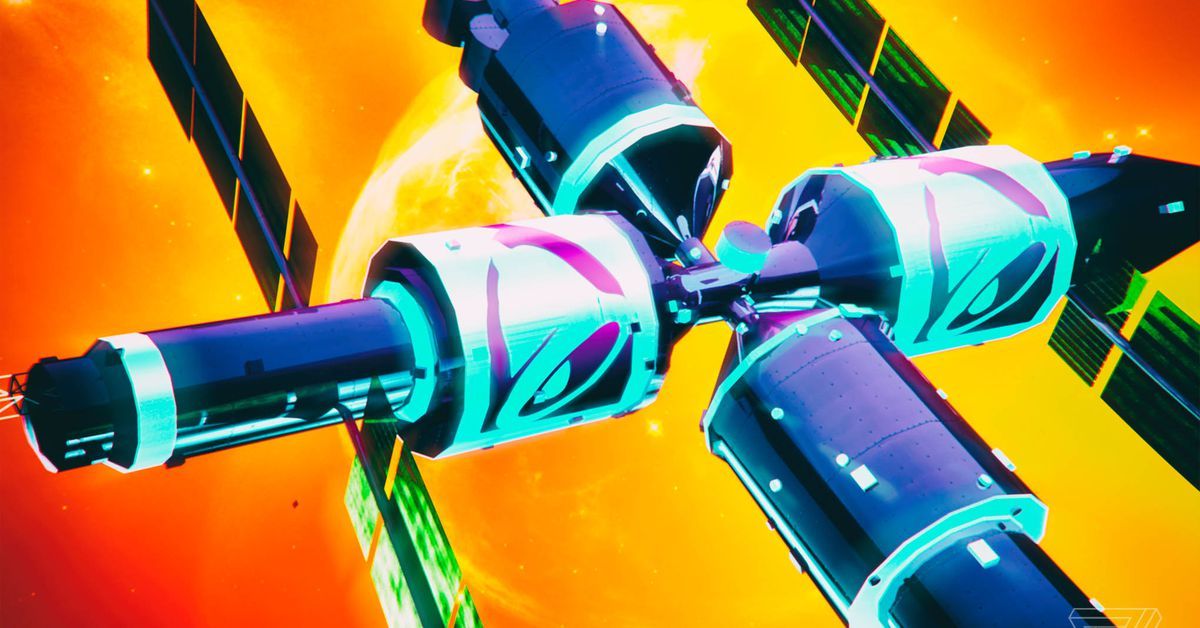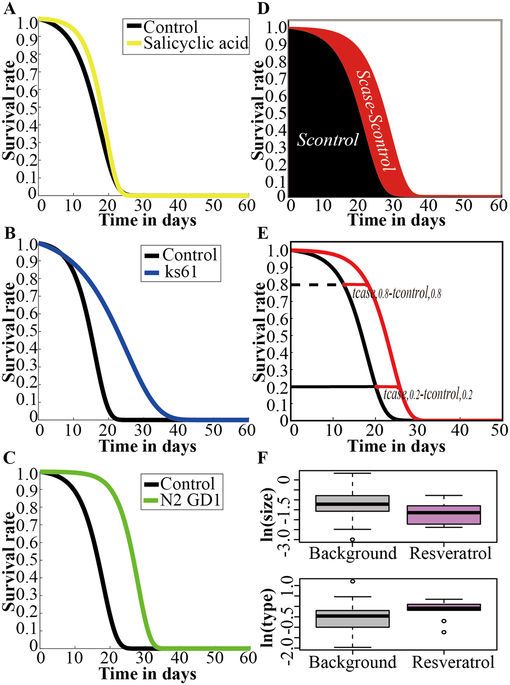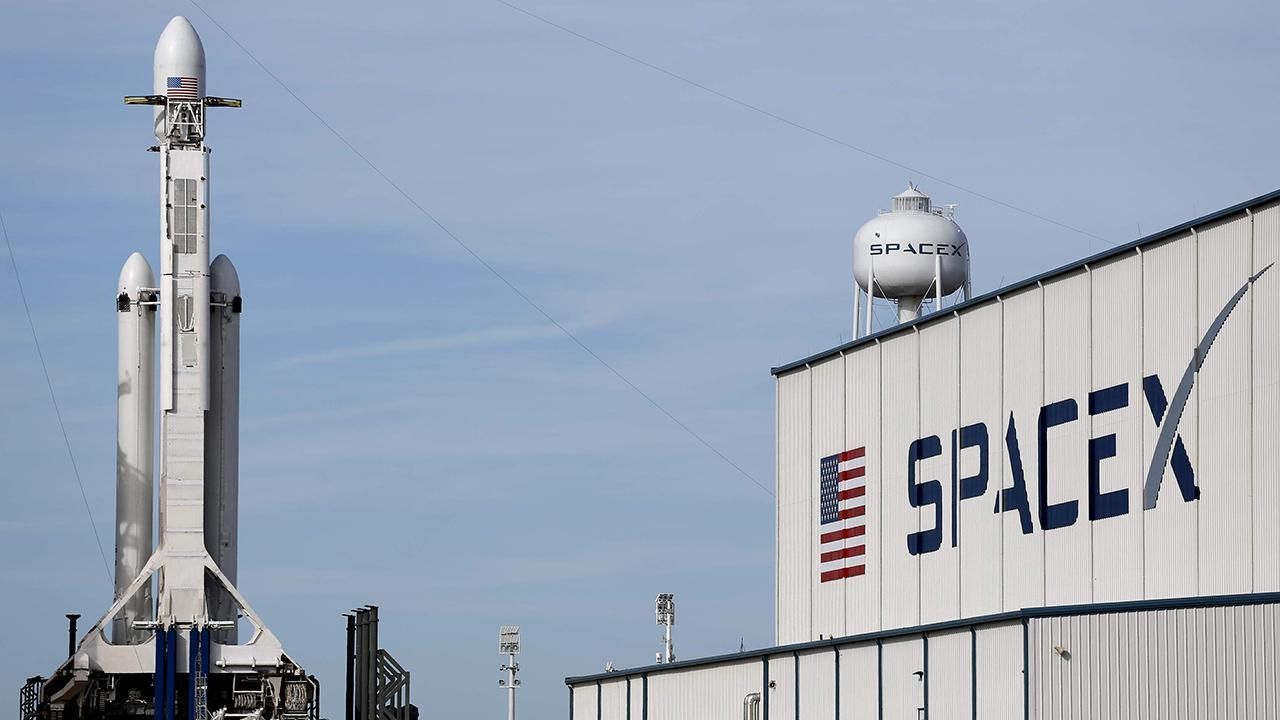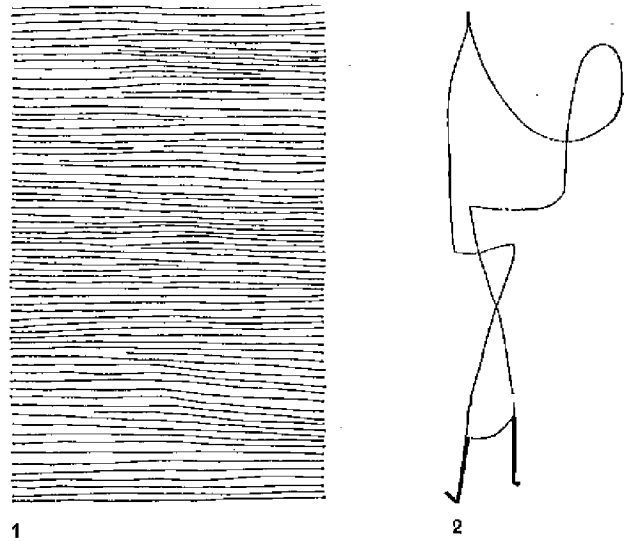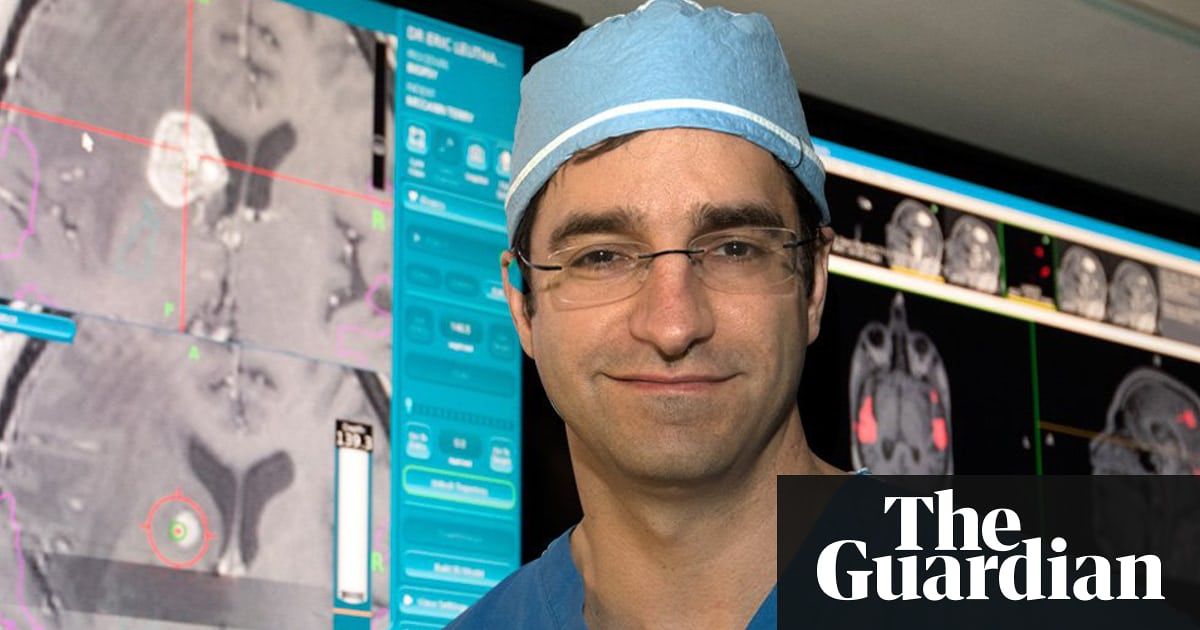Page 8863
Apr 22, 2018
Calorie restriction is the most reasonable anti-ageing intervention: a meta-analysis of survival curves
Posted by Manuel Canovas Lechuga in categories: genetics, life extension
We found that Caloric Restricción CR and Genetic manipulations.
- Yaru Liang 1 na1,
- Chang Liu 2 na1,
- Maoyang Lu 1,
- Qiongye Dong 2,
- Zimu Wang 3,
- Zhuoran Wang 1,
- Wenxiang Xiong 1,
- Nannan Zhang 1,
- Jiawei Zhou 1,
- Qingfei Liu 1,
- Xiaowo Wang 2 &
- Zhao Wang 1
.
Apr 22, 2018
Scientists Implanted Tiny Human Brains Into Mice
Posted by Sean Cusack in categories: biotech/medical, neuroscience
The mice helped the tiny organoids get nutrients, oxygen, and even start developing human neurons.
Getty Images
Scientists at the Salk Institute implanted lentil-sized human brain organoids into the heads of mice, then closed it with a transparent window. The mice looked and behaved like ordinary mice, while supplying blood and nutrients to keep human brains developing for months.
Continue reading “Scientists Implanted Tiny Human Brains Into Mice” »
Apr 22, 2018
Newt Gingrich: A glimpse of America’s future in space in 2024
Posted by Klaus Baldauf in categories: innovation, space travel
Two historic events happened this past week that will lay the groundwork for the future of American space exploration.
First, after a close vote in the Senate, Rep. Jim Bridenstine, R-Okla. – a former Navy combat pilot – was confirmed as the new head of NASA. I am confident he will be a strong leader in space exploration as we begin a new era of innovation, technological advancement and limitless exploration.
Second, Vice President Mike Pence laid out a bold vision for America’s future in space exploration during his opening remarks at the Space Foundation’s 34th Annual Space Symposium in Colorado. The vice president showed the Trump administration’s commitment to restoring American leadership in space, rightly pointing out that “we stand at the dawn of a new era of human activity in space; a turning point that will bring new opportunities and new challenges.”
Continue reading “Newt Gingrich: A glimpse of America’s future in space in 2024” »
Https://paper.li/e-1437691924#/
Keyword entry for the Posthuman Glossary edited by Braidotti and Hlavajova.
Apr 22, 2018
Natural Causes
Posted by Derick Lee in categories: biotech/medical, genetics, life extension
“Old age isn’t a battle,” she says, quoting Philip Roth, “old age is a massacre.” In the past few years, she has given up on screenings and scans. Not that she is lazy or suicidal. But at 76, she considers herself old enough to die. All the self-help books aimed at her age group tell her otherwise; they talk of “active ageing”, “productive ageing”, “anti-ageing”, even “reverse-ageing”, with a long life promised to anyone who makes an effort, regardless of factors such as genetics or poverty. But to her, ageing is “an accumulation of disabilities”, which no amount of physical activity or rigorous self-denial can prevent. If she has symptoms, she’ll have them investigated. But when a doctor tells her there could be an undetected problem of some kind, she won’t play along.
A great iconoclast has written a polemic about ageing that sends up New Age platitudes and is full of scepticism of the wellness industry.
Blake Morrison
Apr 21, 2018
Did You Know the Earth Has a Second Magnetic Field? Its Oceans
Posted by Genevieve Klien in category: climatology
Beyond this, another aim of the mission is to increase our knowledge of atmospheric processes and ocean circulation patterns that affect climate and weather. The ocean is also an important subject of study to the Swarm mission because of the small ways in which it contributes to Earth’s magnetic field. Basically, as the ocean’s salty water flows through Earth’s magnetic field, it generates an electric current that induces a magnetic signal.
Because this field is so small, it is extremely difficult to measure. However, the Swarm mission has managed to do just that in remarkable detail. These results, which were presented at the EGU 2018 meeting, were turned into an animation (shown below), which shows how the tidal magnetic signal changes over a 24 hour period.
As you can see, the animation shows temperature changes in the Earth’s oceans over the course of the day, shifting from north to south and ranging from deeper depths to shallower, coastal regions. These changes have a minute effect on Earth’s magnetic field, ranging from 2.5 to −2.5 microtesla. As Nils Olsen, from the Technical University of Denmark, explained in a ESA press release:
Continue reading “Did You Know the Earth Has a Second Magnetic Field? Its Oceans” »
Apr 21, 2018
Amazon’s Running a Big Sale On 23andMe’s New and Improved DNA Testing Kits
Posted by Genevieve Klien in categories: biotech/medical, genetics, privacy
If you aren’t freaked out by privacy concerns of DNA testing kits (basically, they may sell anonymized genetic data, but not personally identifiable data), the tests are getting better, and 23andMe’s are on sale today.
Apr 21, 2018
Radar Mapping of Mercury: Full-Disk Images and Polar Anomalies
Posted by Genevieve Klien in categories: mapping, space
A random-code technique has been used at Arecibo to obtain delay-Doppler radar images of the full disk of Mercury. Anomalously bright features were found at the north and south poles. The north polar feature is oblong (4° by 8°) and offset from the pole. The smaller south polar feature is mostly confined to the floor of the crater Chao Meng-Fu. The polar locations and radar properties of these features indicate that they may be produced by volume scattering in ice. The images also reveal a variety of more subdued reflectivity features ranging in size from hundreds to thousands of kilometers; some of these appear to have an impact origin.
Apr 21, 2018
Neurosurgeon Eric Leuthardt: ‘An interface between mind and machine will happen’
Posted by Genevieve Klien in categories: biotech/medical, employment, robotics/AI
I guess any procedure involving the brain feels like a different category of risk to most people. You must face that anxiety every day. I think there are two types of surgical practice that really strike at the core of people’s anxiety. One is brain surgery, where you are operating on something that people see as themselves, their sense of identity, their mind. The other one is, I think, paediatric surgery, where the operation is on the thing most precious to you – your children. I think both create a dynamic where you need to work harder to create trust with your patients.
When it comes to innovation that might link a person’s mind directly with a machine, it seems as much an ethical as a medical question. Is that how you see it? Ethicists are critical in what we do. A working interface would be a real turning point in human evolution. I don’t say that with bombast or hyperbole. And just like with artificial intelligence, we need to take the greatest care in how we think about it. Whether it happens in five years or 50 years, it will happen. I wrote these two science-fiction novels to try to walk people through some of the things that could happen; for example, if others got unauthorised access to these implants, or when corporations got involved. We need to be thinking about these things now, rather than after the fact.
Was one of the motivations in writing your books to work out these things for yourself? Did you feel the same at the beginning of the process as at the end? I had certain ideas in mind when I started the books, but there was an evolution. I came to think less about that individual interface and more about the effect this technology might have on society. We need to think hard about how advances [might] not increase social division.
